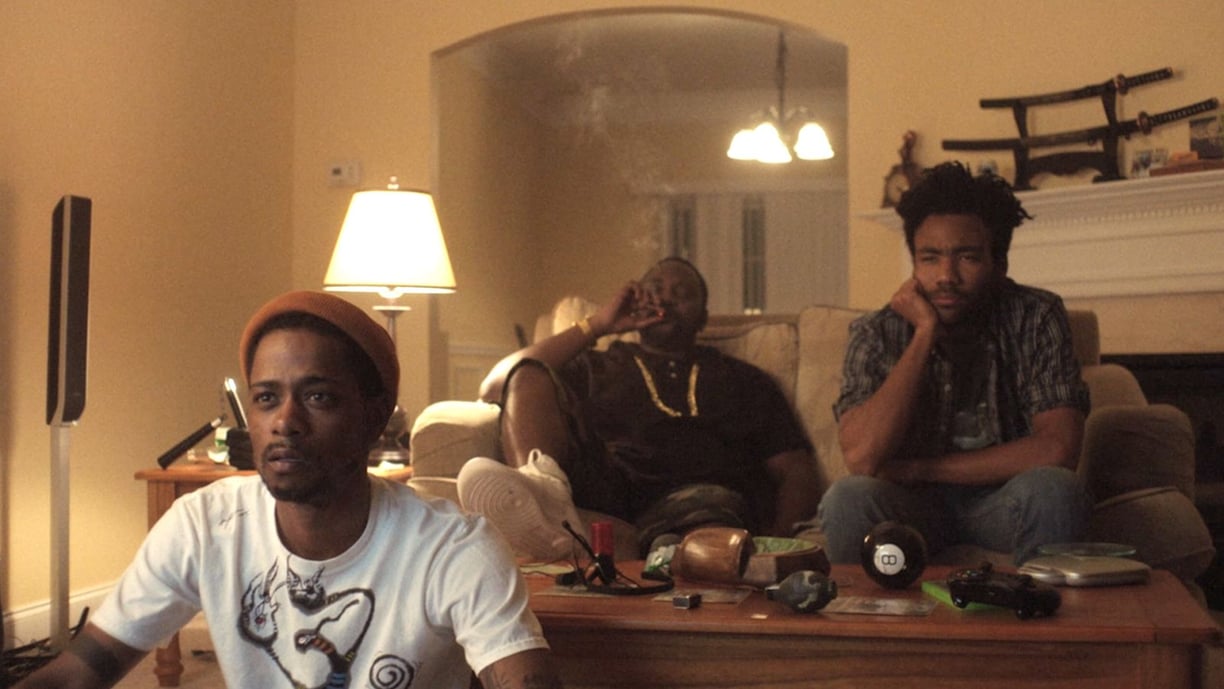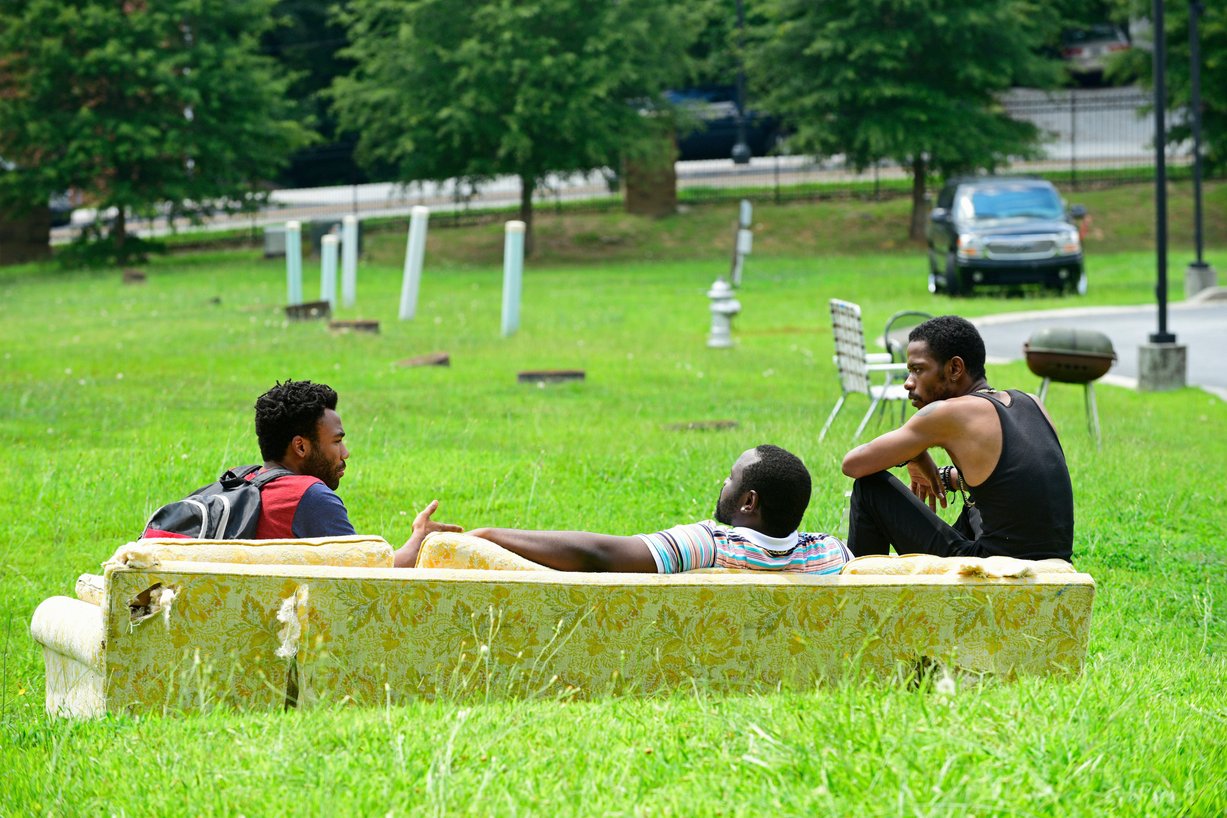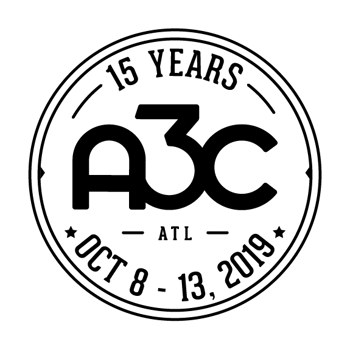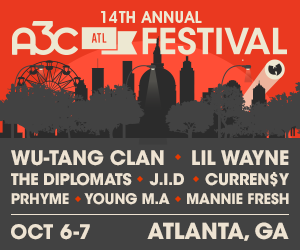
When Atlanta kicked off on Tuesday, September 6th there was heavy anticipation from several communities. Nobody was really sure what to expect, but expectations were high, nonetheless. Developed by Donald Glover (better known as the rapper “Childish Gambino”), the show features an all Black writing team, and primarily Black cast. Since there aren’t many major network television shows that fit its profile, many people tuned in with baited breath, and Glover did not disappoint. Airing the first two episodes back to back, Glover gave us a realistic interpretation of the current Atlanta scene, all the while managing to tie in key social issues that involve personas that currently populate the city. It’s hard to make a creative representation feel, authentic, but Glover does just that with the series premiere of Atlanta.
Anyone from Atlanta that tuned in was immediately checking for authenticity. The setting, colloquialisms, style and cultural references were all things that Glover had to pay close attention to in order to capture the city’s essence, and for the most part, he does well; East Atlanta and the SWATs were prime shooting spots to choose for episodes 1 and 2, as they are the birthplaces of many of the most influential people in Atlanta’s culture today. Glover provides an unbiased inside look at the communities many working-class Atlantans find themselves in every day. From the couches in the front yards to the burglar bars on the front doors, Paper Boi’s home is one that can be seen frequently along the perimeters of the city.
The personalities that the protagonists portray are also very realistic, whether it be Glover’s weirdo, Little 5 Points persona “Earn”, the neighborhood rapstar “Paper Boi” portrayed by Brian Tyree Henry, or “Darius”, the perpetual high-guy played by Keith Stanfield. Most millennials growing up in Atlanta have one, if not several friends that match these profiles, and all of theme manage to end up in the same clique, somehow. One of the most powerful and necessary personalities from the premiere is undoubtedly Earn’s baby mother, “Van”, played by the beautiful Zazie Beetz. From the moment she shades Earn and ambles to the bathroom to untwist her Bantu Knots, viewers know exactly what they’re in store for. In totality, she is the perfect representation of the strong, intelligent, stylish Black women that are found throughout Atlanta that are often taken for granted. Sweet and stern, she brings balance and womanly wisdom to Earn’s life, giving him motivation to wake up every morning and take care of her and his child. An interesting take from their relationship dynamic was the fact that they are no longer together and she’s dating other men, yet he lives with her and is the father of her child. This is a rather uncommon approach toward character interaction, and it will be interesting to see how their relationship develops over the course of the season. Regardless, while the aforementioned characters are great representations of several scenes of Atlanta, Atlanta has only scratched the surface in terms of the city’s true demographic makeup. We still have yet to see the dope boys and hustlers, the ratchets, the Greeks, the corporate tie-wearers and even regular people. Glover definitely does a good job of setting the stage for these personalities to make their way on screen

It’s apparent that Glover paid close attention to the musical score from the opening credits, choosing bangers such as OJ Da Juiceman’s “No Hook” and Yo Gotti’s “Law” as interludes which set the scene for viewers. Trap music is one of the most important and recognizable qualities of Atlanta’s culture, so it was only right he incorporated it into the show. Even Paper Boi’s hit single, “Paper Boi”, is a classic representation of the music we’ve come to know and love from the South. Catchy, melodic hooks, simplified lyrics and a banging beat are mainstays of Southern Hip-Hop, and that was made very apparent. As the story develops many will be curious to see Glover’s representation of the music industry and its players, specifically those that live in Atlanta. Everyone knows Atlanta is the musical mecca at the moment, so there will surely be heavy emphasis placed on how that angle is approached.
One of the most debated aspects of the show were its cultural references, which included popular Atlanta staples such as lemon-pepper wings, Edgewood Avenue, the strip club scene and even the linguistics of the region. While all of these references were hilarious and accurate, some of them did seem a bit forced at times. While it’s cool to hear familiar names shouted out, it did leave to question whether or not these statements actually made the show better or merely made it more relevant. Granted, they blend well into the narrative and dialogue, but anyone who scrolls through Tweets from Atlanta on a given weekend or comes to stay for week could easily pick up these references and add them to the story. It will take a few more episodes for us to see exactly how deep the show dives into the references it speaks on, as well as the accuracy/impact of the events that coincide with them. Overall, it’s irrelevant to simply state popular cultural themes if there is no conflict, growth or education brought to viewers alongside them.
Before we go too deep into the features that the show is lacking, we must keep in mind that it is only two episodes in, and Glover has already done a lot in that time to subtly reference several major social issues that the Black community faces. One of the first is racism, which is tackled when Earn converses with the DJ at a local radio station and he blatantly says “n*gga” with no issue. He refrains from repeating it later as he retells the story, which alludes to the racial tensions Whites and Blacks face when living in such close proximity. Glover also addresses gender and sexuality issues during the scene in jail, where a detainee is heckled for a once sexual relationship he had with a transgender woman locked up with them. The homophobia comes on strong as the other criminals harass him, and the fragility of male masculinity is exposed during the detainee’s defensive response to being called gay. Earn states that gender is a fluid state of being and may not be as black and white as they’d like, but at this point the detainee is so worked up that he threatens physical violence on anyone who speaks on it further. Police brutality and mental health in the Black community were also hot-button issues that were written into the narrative, as a mentally handicapped inmate spits toilet water onto an officer and is violently beat in return. Earn believes that the inmate may actually be in need of medical assistance to deal with his mental issues, but it’s quickly brushed off, as the topic often is amongst Black people and law enforcement alike. A recurring theme that presents itself throughout both episodes is also the perpetuation of violence through Hip-Hop music. While some people idolize and respect Paper Boi for his gun violence and aggressive lyrics, he sees how harmful his music is as children run around shooting each other in an attempt to emulate him. Apropos, a server mentions how much he respects him due to being a “real” rapper, while a jackboy eyes him as a new target when he realizes who Paper Boi is.
From a narrative perspective, Atlanta is on the right track with the development of its characters and the fluidity of the plotline. While there is plenty of humour throughout both episodes, Glover still manages to incorporate real people, settings and scenarios into the storyline. Even though we get a limited take of the personalities that inhabit the city of Atlanta, we get a broad perspective of the issues that both the community at large and individuals face. While Earn gets a firsthand look at the injustices different demographics face every day, Paper Boi sees both the benefits and pitfalls of fame. Atlanta did exactly what it was supposed to do, building a huge buzz and starting a number of discussions on social media. In the bigger picture, regardless of how one feels about the show, it’s undeniable that Atlanta is extremely important for both Hip-Hop and Black culture; it not only provides a voice and outlet for a group of people that are rarely heard, but also shows mainstream America and television studios that Black creatives have great ideas that are both culturally relevant and highly sought after. Maybe Atlanta will give Black writers and industry executives greater confidence to pursue productions featuring predominantly minority casts and non-traditional storylines.
Grade: A-
The Verdict: Atlanta blends entertainment and consciousness as it delves into the oft-misrepresented profile of the city. While the show still has a lot to prove in terms of its purpose, its cultural relevance is undeniable.


